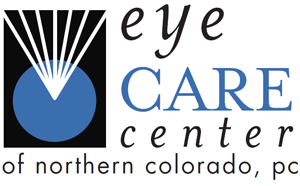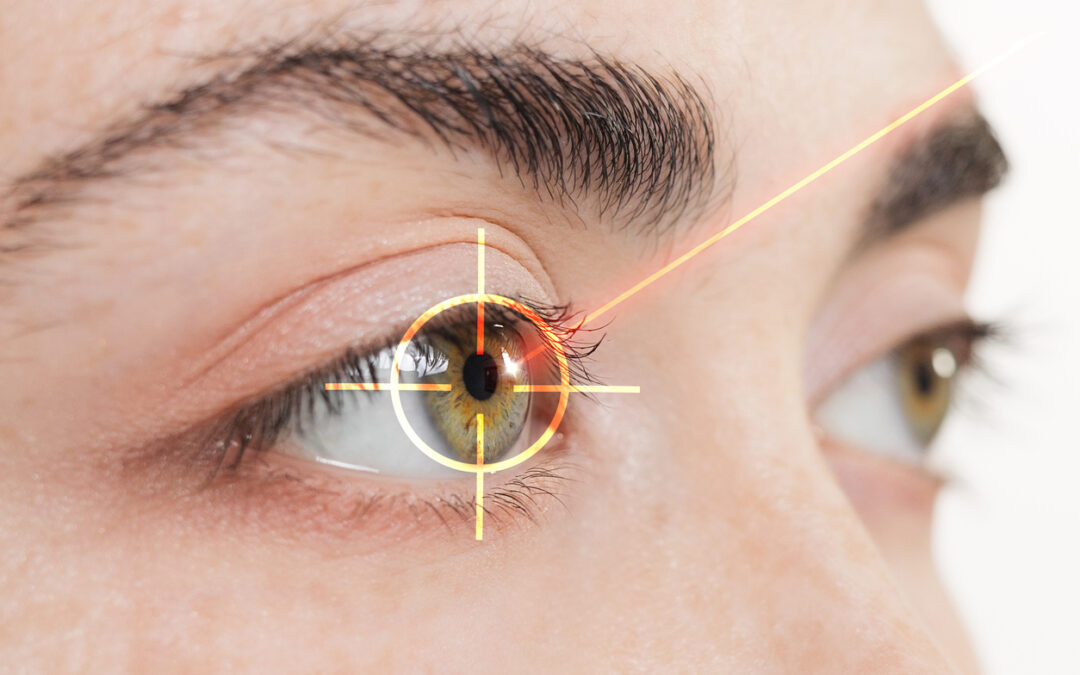Your eyes are itchy. You’ve looked in the mirror and noticed they look almost cloudy. Maybe you see a small bump near your eye, or your vision is getting worse. The culprit could be a cataract.
Cataracts affect millions of people every year. It’s an ailment most people end up having to deal with in one way or another because, by the age of 65, 90% of people in the United States develop cataracts.
If you think you might qualify for corrective cataract surgery, it’s essential to know the facts about it first.
What are Cataracts in the Eye?
A cataract is a clouding of the normally clear lens of the eye. This is a normal part of aging and happens to almost everyone. However, cataract causes can range from injuries to genetics or certain medications.
The clouding can make it more difficult to see. This happens because the light cannot pass through your eyes lens clearly anymore, making it scatter and blur your vision.
This makes it harder to drive, especially at night. Even reading, or reading the expression on your friend’s face can be more difficult for people who develop cataracts.
The best cataract treatment is surgery, but you may not need it right away. If you catch it early enough, a new prescription for your glasses or contacts could be enough to make a difference. A stronger lens can make your vision better for a while, though how much time you buy varies case by case.
Cataract Symptoms
Cataracts usually take a while to form. But once they start to be cloudy enough to block the light, you’ll start to notice these symptoms.
- Cloudy, blurry, foggy, or filmy vision
- Nearsighted vision
- Color changes
- Blurry or glare in lights at night time
- Double vision with the cloudy eye
- Glasses or contacts don’t seem to work as well
Benefits of Cataract Surgery
The most significant benefit of cataract surgery is improved vision. This happens to vary degrees throughout your day-to-day life. You’ll notice driving at night and reading a book before bed gets easier. But not everyone fully understands what the benefits could mean for them.
Surgery can make colors brighter and clearer. A lens with a cataract is often tinted in a yellow shade. This can skew your perception of color, so receiving a new lens in surgery is a huge adjustment.
If you’re older and have a cataract, getting corrective surgery can boost your overall wellness by helping you avoid falls. Studies have shown that elderly patients with cataracts who undergo surgery lower their risk of falls.
Additionally, having a cataract surgery procedure can reduce your risk of any further complications to your eye. The sooner you can have surgery the better chance you have of restoring your vision to what it was.
This is usually an outpatient surgery, which means you don’t have to stay overnight in the hospital.
Cataract surgery takes about an hour to perform and will be entirely painless since you receive anesthetics and a sedative afterward. Make sure to set up a driver to pick you up after. You won’t be able to drive as your eyes will need time to heal and adjust to their new normal.
Within a few days, you should start to notice your vision improving, but you may experience some minor itchiness. This is totally normal but something you should plan to discuss with your doctor in the follow-up appointments where you can go over the healing process in more detail.
When to Have Cataract Surgery
There are options when selecting the right cataract surgery for you. But the end result will be the same. Your surgeon will take out the clouded eye lens and replace it with a new artificial one.
It can be a hard idea to digest, an operation on the eye. The eye is a sensitive part of your body, so it’s normal to be anxious about something like this. But cataract correction it’s a common procedure and your doctor has likely performed it many times.
The most important takeaway is if you notice changes in your vision, make an appointment with your eye doctor right away. The only way to diagnose a cataract is through your optometrist.
Preparing for Surgery
Once you’ve discussed your cataracts with your doctor and planned to get surgery, it’s time to prepare.
- Conduct an ultrasound test with your doctor one week before surgery. This helps them measure the shape of your eye, so they get the correct implant for your lens.
- Discuss medical history with your doctor. For example, if you have high blood pressure, your doctor might want you to get those levels down before surgery.
- Plan to take 1-3 days off your work to have the surgery and recover. Patients usually recover within 3 days. You should talk to your doctor about your expected recovery timeline.
- Coordinate someone to drive you home from your surgery.
- Wear something comfortable, clean, and loose fitting to surgery.
- Ask your doctor any questions you may have leading up to surgery. They’re here to help!
Things to Avoid Before Surgery
- Ditch your contact lens for at least 3 days before surgery. Wear glasses instead to cut down on your chance of irritating your eyes.
- On the day of surgery, avoid wearing eye makeup that could get in the surgeon’s way.
- Avoid aspirin or other anti-clotting drugs to be safe. Minimal bleeding can occur with cataract surgery.
- Don’t eat or drink for 12 hours before surgery.
Cataract After Care
Immediately after your surgery, your doctor will give you a list of things you can and can’t do for the next few days until you’ve healed. Following their guidance is extremely important during this delicate time for your eye’s health. Take their advice to heart, and don’t be afraid to speak up or ask questions if things seem unclear.
You can:
- Watch TV
- Use your laptop
- Shower/bath
- Read a book
- Go for a walk outside with sunglasses
- Take eyedrops
- Spend extra time resting
- Let your friends/family drive you around
You can’t:
- Rub your eyes
- Get soap/shampoo on your eyes
- Drive yourself around
- Go to the gym or do strenuous activities
- Travel in an airplane
- Wear eye makeup
- Swim in a pool or a hot tub
Improve Your Eye Health With Cataract Surgery
Cataract surgery is a common and generally very successful surgery.
If you follow your doctor’s advice, your vision will be improved in no time, and you’ll be glad you got the surgery you needed.
If you have questions about your cataract recovery, our Colorado optometrists at Eye Care Center of Northern Colorado are here to help.

